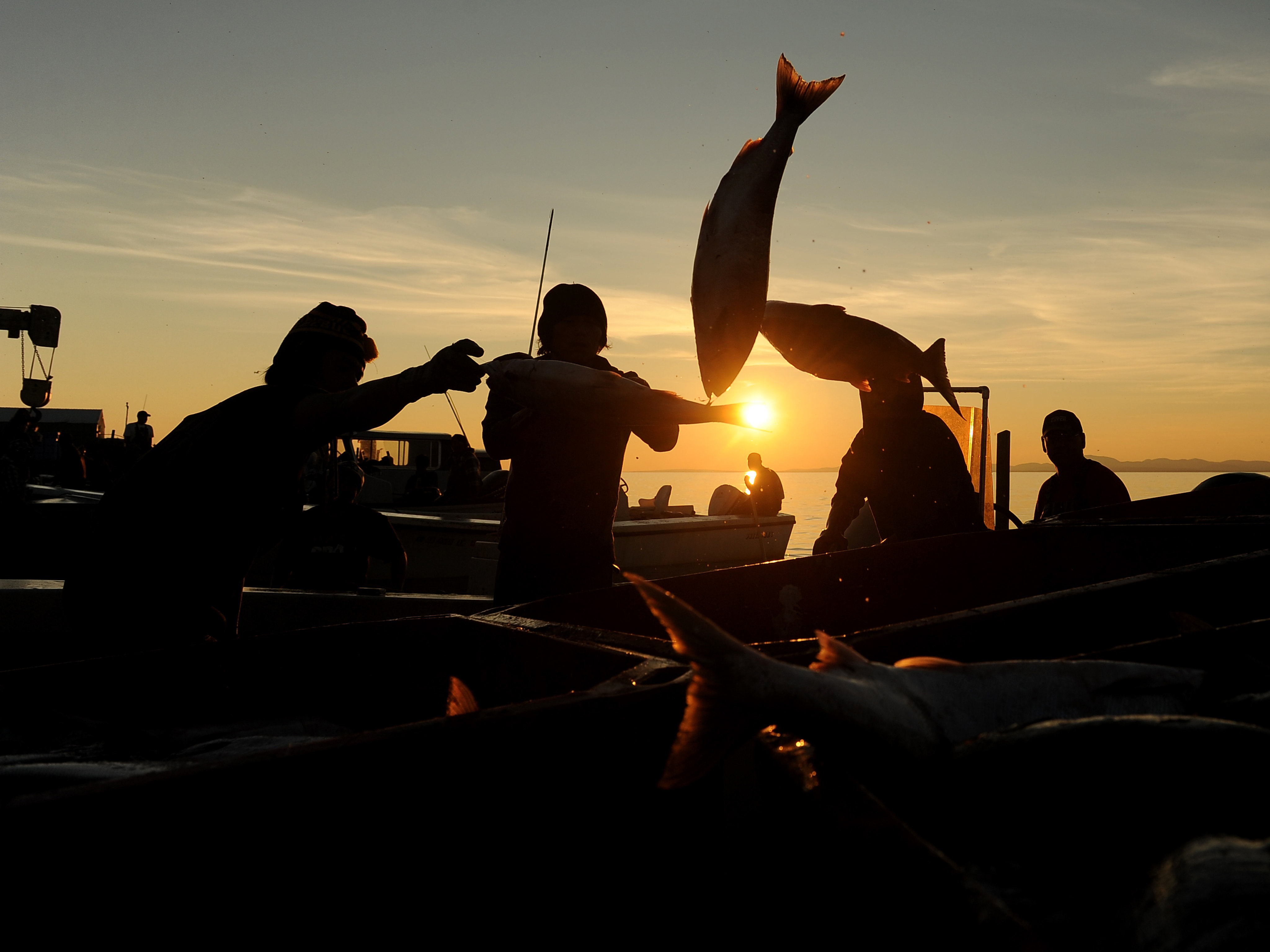No agreement on Arctic fisheries moratorium

At least one more round of talks will be necessary for Arctic coastal states and other major fishing countries to work out some of the key details of an agreement to delay the start of commercial fishing in the international waters of the Arctic Ocean.
“Delegations remain committed to continue negotiations with the aim of reaching agreement in the near future,” David Balton, the senior U.S. diplomat leading the negotiations, said in a statement issued today.
The announcement came at the end of three days of discussions between representatives from Canada, Denmark, Norway, Russia and the U.S., along with China, Iceland, Japan, South Korea and the E.U.
Efforts to impose a moratorium have been in the works since 2012. Preventing the start of commercial fishing in the central Arctic Ocean is intended as a way to give scientists time to determine what the effects of fishing there might be.
[Experts call for collaboration on Arctic fisheries research]
In October, Balton expressed confidence that an agreement would be reached in Tórshavn, and that the talks would not continue past the end of the US chairmanship of the Arctic Council. Last week, however, other officials suggested that more meetings would be necessary.
Four issues in particular – exploratory fishing, agreeing on a date for when commercial fishing might begin, how decisions would be made and whether the agreement should be legally binding – remain to be sorted.
[Arctic fish populations changing as ice dwindles, report says]
Scott Highleyman, the international Arctic director for the Pew Charitable Trusts, a conservancy that has been involved with efforts to establish the moratorium since the start, and himself a member of the US delegation, described the outstanding items as being among the most important details.
“Until they are resolved, it’s impossible to know if nations will seize the opportunity to truly protect the Arctic Ocean and the coastal residents who rely upon its resources and foster co-operative scientific research to learn more about this new ocean emerging out of the ice before industrial activity takes place,” he said.
The next meeting is tentatively scheduled to be held in Iceland in this spring.